U.S. Chamber of Commerce Seeks to Double H-1B Quota Amidst Worker Shortage
On June 1, 2021, the U.S. Chamber of Commerce announced the launch of its nationwide initiative, America Works, to address the worker shortage crisis in the U.S.
Worker Shortage by the Numbers
How bad is the worker shortage? The Chamber released a report that contains statistics pointing to the scale of the economic crisis. Specifically:
- Nationwide, there are half as many available workers (1.4) for every available job opening. Over the last 20 years, there have been on average 2.8 available workers for every available job.
- In several states and industries (education, health services, professional & business services) there are fewer job seekers then there are open job positions.
- 91% of chambers indicate worker shortages are negatively impacting their state and local economies, while 83% of trade association economists indicate that in their industries it is now harder to find qualified workers than it was five years ago.
And when businesses do not have enough employees, the impact can be devastating. Business owners may have to turn down projects, jobs, or growth opportunities, thereby losing customers. They may need to reduce the number of hours worked by their existing employees due to lack of income to pay salaries. On the other hand, companies may ask existing employees to work more hours to keep up with the demand and make up for the lack of qualifies workers. Some will scale down their operations, and in the worst cases, permanently close their business which they worked so hard to build.
The call to action is summarized by the U.S. Chamber of Commerce President and CEO Suzanne Clark:
“As we stand on the cusp of what could be a great American resurgence, a worker shortage is holding back job creators across the country. Together, we can, and we must address our nation’s workforce challenges. When you lead the world in talent, you lead the world in solutions. With a highly skilled workforce, there’s nothing business cannot achieve and nothing we as a nation cannot do.”
Proposed Solutions
The Chamber has created an agenda which calls on federal and state government officials to take steps to start addressing the worker shortage in the U.S. The agenda points to four specific action items:
- Help Americans get the needed skills to fill open jobs.
- Improve education and job training for jobs that will be in demand in the future.
- Remove barriers to entering the workforce.
- Expand the workforce through immigration reform.
For our purposes, although all four action items deserve merit and attention, we will focus on immigration reform.
How to Address Immigration
The Chamber believes that expanding the U.S. workforce through immigration reform will allow foreign talent to take advantage of the open jobs in America, thereby ensuring the continued economic growth of the country. Historically, immigrants have greatly helped to shape America, bringing skills, knowledge, and talent with them as they immigrated to the U.S.
Some notable figures of American history who were immigrants include John Muir (helped establish Yosemite National Park), Joseph Pulitzer (established modern American journalism and founded Columbia School of Journalism), and Irving Berlin (song writer who wrote “God Bless America”), among many others.
The Chamber seeks to make the following changes to the U.S. immigration system.
Employment-Based Immigrant Visas
- Double the cap on employment-based immigrant visas from 140,000 per year to 280,000 per year.
- Stop counting spouses and minor children under the annual green card quota, which would double the number of employment-based immigrant workers coming to the U.S.
- Eliminate country limits which cap the number of green cards for any nationality at 7% of the total available number.
- Give international students graduating from U.S. universities more opportunities to get employment-based green cards.
- Enhance and expand opportunities for entrepreneurs to get permanent residency to build their businesses in the U.S.
The per country limits for green cards inadvertently disadvantage foreign workers from countries with large populations, such as India and China. This means that out of the total 140,000 employment-based visas available each year, each country, no matter its total population, gets an allotted 9,800 visas. This has led to a severe backlog in green card issuance. But proposed legislation, such as the EAGLE Act, can help mitigate some of the negative impacts of the current immigration laws.
Temporary Work Visas
The Chamber’s Agenda also seeks to revamp the temporary worker visa program in the following ways:
- Double the annual quota for issuing H-1B visas for high-tech workers.
- Double the annual quota and instituting a permanent returning worker exemption for H-2B seasonal employment visas.
- Expand access to H-2A agricultural worker visas for non-seasonal agricultural businesses (dairies and livestock producers) and ensure that the program meets the future needs of American agriculture.
- Expand Premium Processing and other measures to increase processing efficiency and eliminate the significant backlogs for various immigration benefits.
- Responsibly reinstate routine visa processing at consulates around the world.
- Create a new, geographically targeted visa program, similar to the Heartland Visa proposal, to drive economic and population growth of American communities dealing with problems caused by significant population loss.
Foreign versus American Workers
The Chamber’s proposal strives to help the U.S. workforce in its entirety, which includes both American workers and foreign talent. Shattering the notion held by some people that immigrants and foreign workers are disadvantaging U.S.-born workers, it has been shown that a diverse workforce that includes both groups has a positive impact on the economy.
A more diverse workforce boosts productivity and spurs additional innovation, all vital factors for the U.S. economy, especially after the devastating effects of the global pandemic. Read more in our recent blog “Foreign Talent Doesn’t Harm U.S. Workers.”
Suzanne Clark drives this point home by stating that:
“We must arm workers with the skills they need, we must remove barriers that are keeping too many Americans on the sidelines, and we must recruit the very best from around the world to help fill high-demand jobs.”
All four solutions proposed, one of which is addressing the immigration system, are needed to make any substantial change to make the U.S. more competitive in terms of its workforce, its businesses, and its economy.
The Chamber held a webcast on June 2, 2021, to discuss and summarize their findings and explore how to address to worker shortage. It can be viewed on YouTube. The segment on “Growing the Workforce: Tapping the global talent pool for domestic jobs” which addresses the immigration system can be viewed at 25:25 in the video below.
About the U.S. Chamber of Commerce
The U.S. Chamber of Commerce is the world’s largest business organization, which for over 100 years has advocated for pro-business policies that help businesses create jobs and grow the U.S. economy.
Shihab Burke, LLC, Attorneys At Law Can Help
If you are an immigrant with any questions or concerns regarding your immigration case, H-1B visas, green card applications, or any other legal matter, speak at once to an experienced Columbus immigration attorney. A good immigration lawyer can help you and your family with any immigration issues you face and defend you if you’re accused of violating immigration law.
Our immigration attorneys will review your forms and applications for thoroughness and accuracy. Immigration laws will continually change, but an experienced immigration attorney will always be able to give you the most up-to-date immigration advice you need.
We have offices in Dublin and Columbus, Ohio, Michigan, and Texas. But our full suite of immigration law services is available to clients nationwide and even around the world.
Contact us today!






